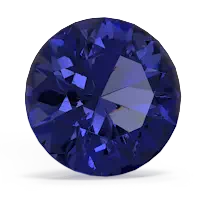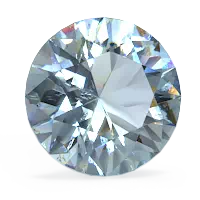

Carefully designed details, and a keen eye for fashion make these Lab Sapphire rings something special. Sapphire is the birthstone of September, and one of the most popular gemstones on the jewelry scene today. The deep blue color of a sapphire ring is just right for an evening out. A long time favorite of jewelry designers, aquamarine is the birthstone of March. The diamond-like brilliance of an aquamarine ring is sure to attract attention.